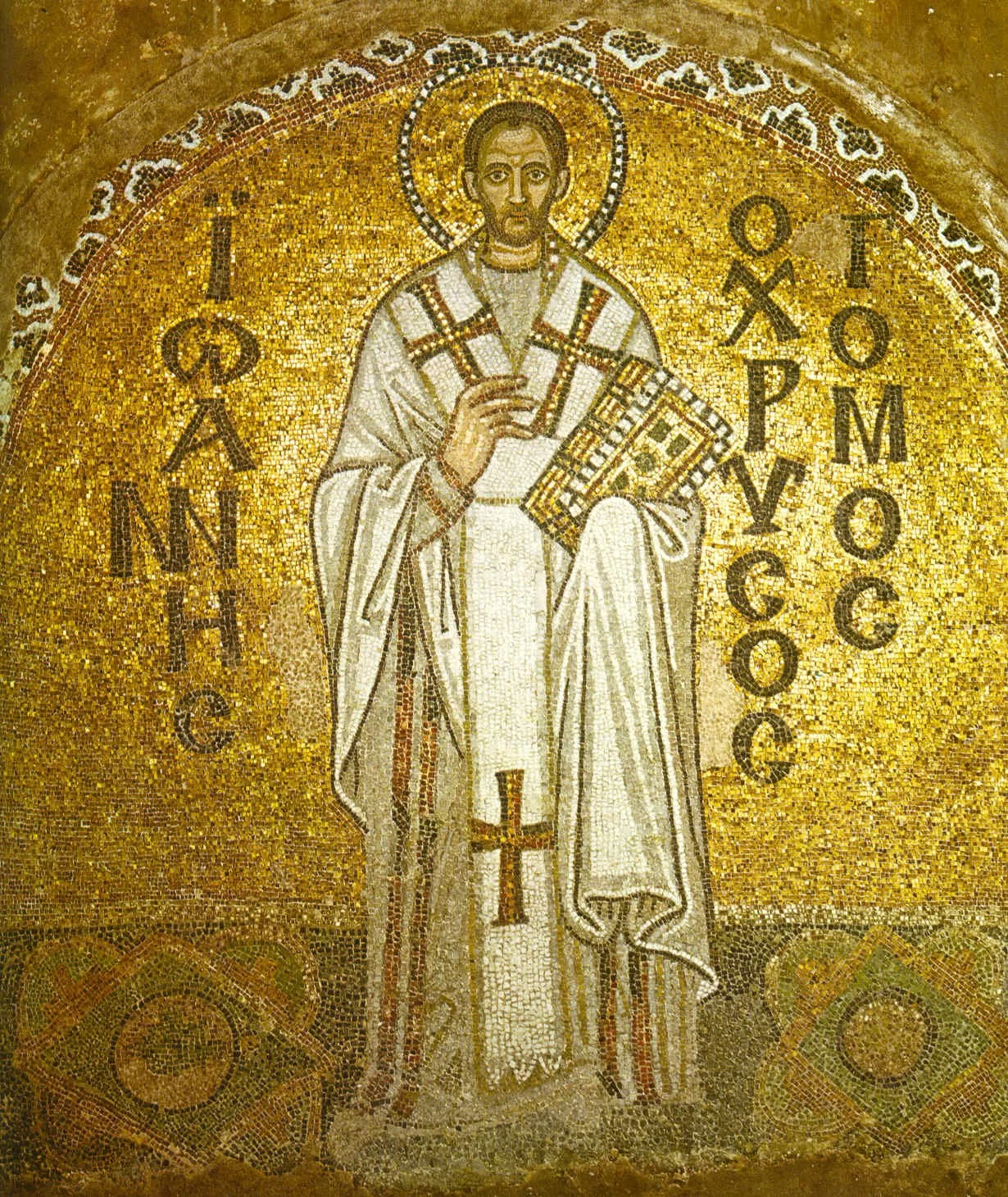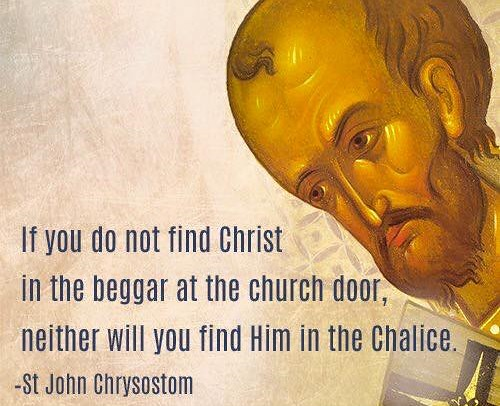A Prayer of St. Chrysostom
“Almighty God, you have given us grace at this time with one accord to make our common supplication to you; and you have promised through your well-beloved Son that when two or three are gathered together in his Name you will be in the midst of them: Fulfill now, O Lord, our desires and petitions as may be best for us; granting us in this world knowledge of your truth, and in the age to come life everlasting. Amen.”—The Book of Common Prayer (Church Publishing, Inc.), p. 102.
I often said this prayer at the end of the daily Morning Prayer Office from The Book of Common Prayer, and shared it with others desperately seeking hope. When we pray together, we affirm that God hears our prayer, even before we pray. As I say this prayer, I remember that C. S. Lewis always reminds us that we pray not to change God, but for God to change ourselves.
As we pray this prayer in the Daily Office of Morning Prayer, we can feel connected to all others in all places praying along with us. That is why I have often joined a group of pray-ers saying prayers at a particular hour of the day for a specific person we know in need or distress. The profound realization that others pray petitions for the same person or cause all over the country or world is a holy force of nature. Sometimes, we may later find out whether that person is safe or has improved, but always, always, we are changed.
St. Chrysostom’s prayer also reminds us of how fleeting fame is. Chrysostom, an archbishop of Constantinople in the late 4th century, often referred to as the “golden mouthed” because of his excellence in preaching, was the most famous early Christian preacher and prolific writer, exceeded only by Augustine. He was outspoken about abuses in the Church and politics. His legacy is still dominant in the Eastern Orthodox tradition, and we celebrate his feast day on September 13. However, I know only a few preachers in our tradition who quote his famous Easter sermon, usually at the Vigil.
This daily prayer constitutes all that many of us in the Western Church still possess to remember him, but it is more than enough because of its power and wisdom.

